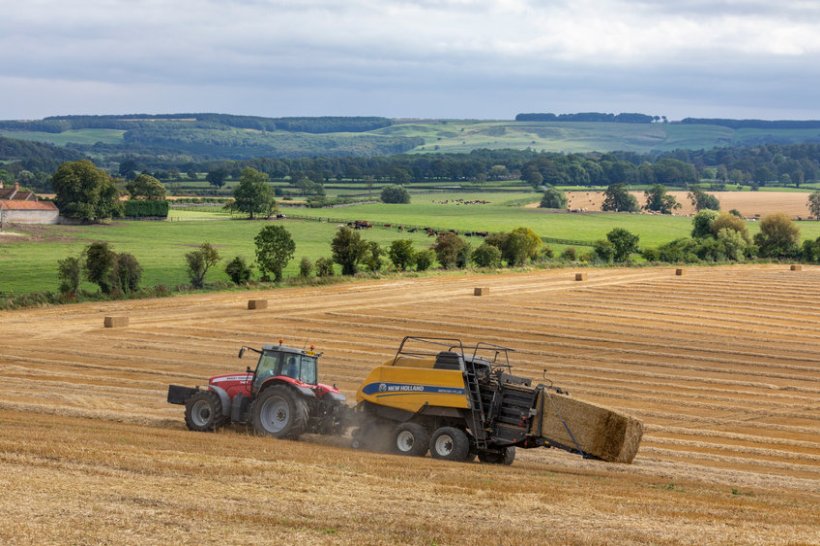Government unveils new strategy to achieve net zero by 2050

A new plan has been set out by the government to help the UK reduce its greenhouse gas emissions, including funding to help farmers decarbonise.
The government on Tuesday (19 October) published its long-awaited strategy for reaching net zero emissions by 2050.
It includes a new £620 million fund to help boost electric vehicles and street charging points, as well as further growth in UK offshore wind.
New support will help achieve low-carbon farming and agricultural innovation through the Farming Investment Fund and the Farming Innovation Programme.
The government said these schemes would help farmers invest in equipment, technology, and infrastructure to improve profitability and support emissions reductions.
And £625m will be made available to support farmers and landowners to plant 30,000 hectares of new trees per year by 2024, along with peatland restoration targets.
Elsewhere in the strategy, homeowners will be offered subsidies of £5,000 from next April to help them to replace old gas boilers with low carbon heat pumps.
The Treasury warned that tax rises could be necessary to fund the government's net zero strategy.
The publication comes just days before world leaders meet in Glasgow to discuss how to curb climate change as part of COP26.
Prime Minister Boris Johnson said: “The UK’s path to ending our contribution to climate change will be paved with well-paid jobs, billions in investment and thriving green industries – powering our green industrial revolution across the country.
"By moving first and taking bold action, we will build a defining competitive edge in electric vehicles, offshore wind, carbon capture technology and more, whilst supporting people and businesses along the way.”
The NFU welcomed the strategy, adding that government support was 'crucial' to help the agricultural industry lower emissions.
Farmers are currently working toward the union's net zero by 2040 goal, ten years ahead of the UK-wide target.
However, while farmers had a 'huge part' to play in the contribution to a net zero economy, the NFU said it must go "hand in hand with food production".
Deputy President Stuart Roberts said: "Otherwise, we will simply increase our reliance on food imports from countries which may not match our own sustainability credentials."
The Country Land and Business Association (CLA) said the strategy was 'ambitious', but warned that the government was already behind existing tree-planting targets.
“To plant 30,000 hectares of new trees per year by 2024 across the UK means more than doubling current rates of planting," said Mark Bridgeman, president of the group.
"The ambition is good, but the delivery will be extremely challenging, particularly in England where competition for land use is stronger than ever.
“Landowners across the country are willing and able to help government meet its tree planting targets, but they can only do so with the right support."








